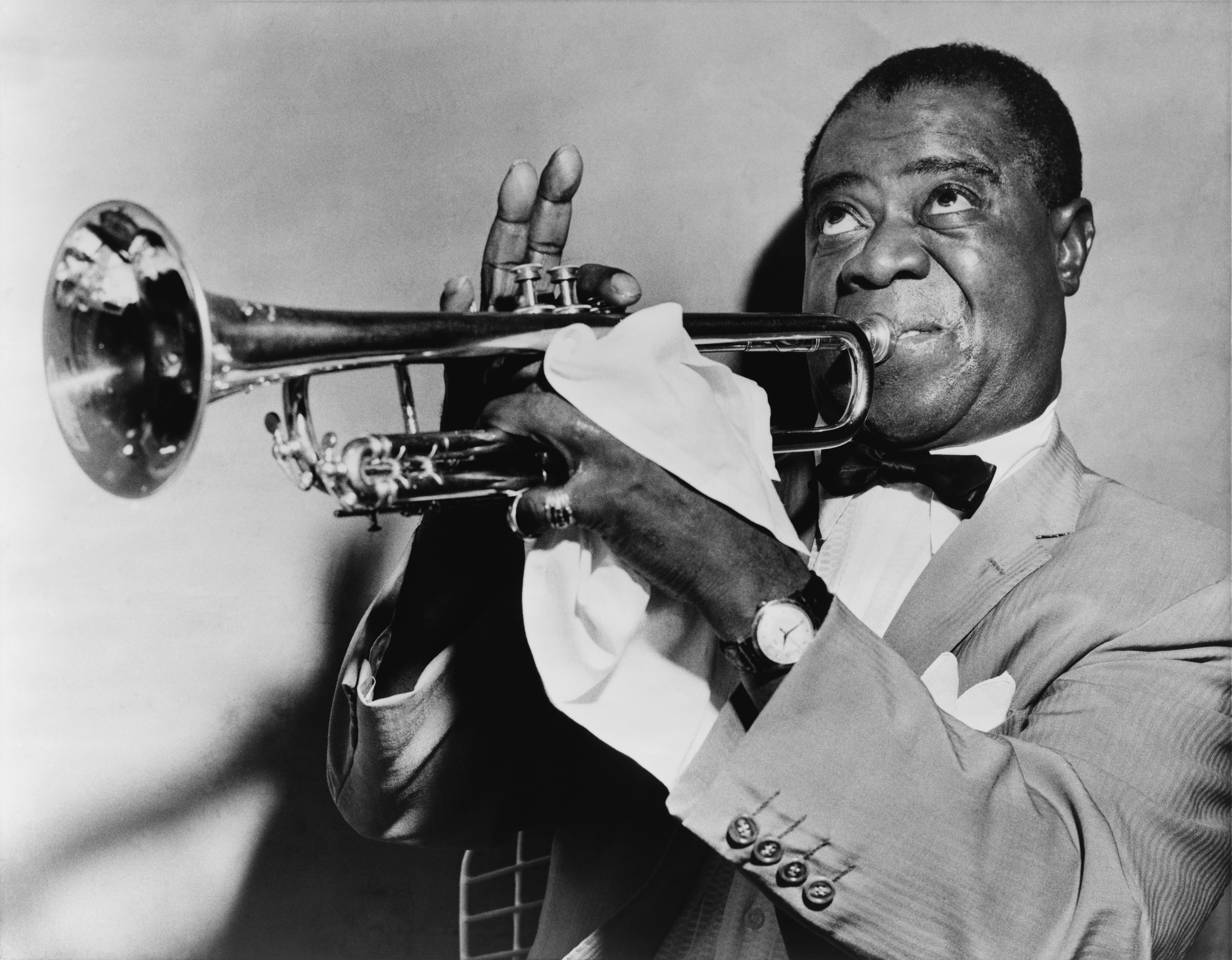During the 19th century, alcoholism and family violence ran rampant. As a result, in January 1920, there was a nationwide ban on producing and transporting alcoholic beverages, in a movement known as the Prohibition. Although the Prohibition did reduce consumption of alcohol, it also generated an increase in illegal drinking spots known as speakeasies. Although police would shut down speakeasies they could find, the popularity and profitability of speakeasies made them a worthwhile investment for many.
 |
The 18th Amendment and Volstead Act were
responsible for establishing the Prohibition. |
Speakeasies were a significant part of American culture during the early 20th century and, as such, fostered new social patterns in America, one of the most significant being integration. Speakeasies offered something that anybody wanted during Prohibition - alcohol. They created an environment where people of different classes races could gather together. With fewer restrictions on the types of patrons, speakeasies were also one of the first spots where blacks and whites could be in the same place with little issue.
 |
Speakeasies were popular establishments in the 20th century.
They illegally procured alcohol through bootlegging
operations that sprung up during Prohibition. |
Speakeasies were a hub for popular American culture during the early 20th century. During the Prohibition, a movement known as the Harlem Renaissance was taking place in New York. The Harlem Renaissance was an important era in black history, as it marked a rebirth of African-American arts, and one of the first times that others recognized the intellectual and artistic contributions of African-Americans. Popular culture at this time was significantly impacted by the Harlem Renaissance.
Jazz, a popular music genre to this day, originated in the late 19th and early 20th centuries. Many of its roots can be found in musicians from the Harlem Renaissance. Speakeasies played an important role in the evolution of jazz, as they provided employment opportunities and made jazz a part of popular culture. Popular musicians like Duke Ellington, Bix Beiderbecke, and Louis Armstrong performed at these clubs, attracting crowds who wanted to hear jazz for themselves or to dance along, with classic moves such as the 'Charleston.'
 |
Louis Armstrong, nicknamed 'Satchmo,' was one of the most
influential figures in jazz. He notably worked at Connie's
Inn, a nightclub in Harlem, New York. |
The 1920s, nicknamed the 'Roaring Twenties,' was a period of economic prosperity and rich cultural development. During this era, there were a number of significant changes to daily life, a number of which were a break from tradition. More conservative groups, like those that pushed for the Prohibition, looked for a scapegoat to blame these changes on. Jazz, for example, was blamed for the scandalous behavior of flappers, who redefined women's appearance in the 1920s. Although jazz and speakeasies had their share of critics, their widespread popularity made them cultural phenomenons. Although speakeasies largely disappeared when the Prohibition was ended, their cultural influence remains to this day.
 |
Flappers are an iconic image of the 20th century. Flappers
and their boyfriends were largely considered scandalous.
This didn't stop them from going to speakeasies and dancing
the night away. |



2 comments:
Did the positivity towards black culture in terms of music and dance exist outside of the speakeasies at this time or was it solely within these secret meeting places?
Jazz music was definitely a part of popular culture at the time, and was respected as an African-American art form. The influence on American culture can be seen in the formation of white jazz groups like the New Orleans Rhythm Kings. Socially, however, this acceptance and respect was rare - lynchings and segregation were still prevalent at this time.
Post a Comment